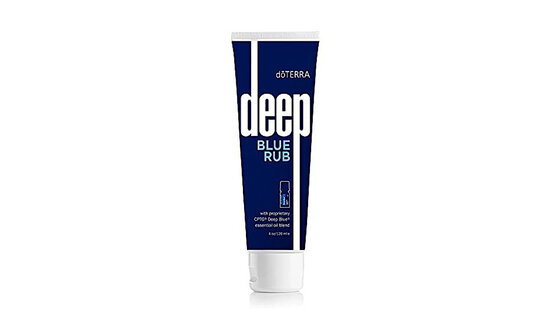
(Note: Some of the links in this post are affiliate links, and we will be compensated when you make a purchase by clicking through our links at no additional cost to you.)
The last thing you want once you begin running is an injury keeping you from enjoying your runs. Injury may be a physical and emotional hindrance for anybody, from amateurs to Olympic athletes, so prevention is always preferable than treatment. The best thing you can do to prevent injury is to listen to your body and push it without breaking it, in addition to making sure you get the proper running shoe.
You must take recovery seriously if you want to achieve that. Recovery is crucial because it will help you have the best chance of avoiding injury and will guarantee that you get the most out of your workouts as your muscles recover and rebuild.
1. Why Recovery Is Important
You grow stronger during your recovery. Your workouts wear you down; during recovery, you rebuild yourself to be better than before. Without recovery, you’ll keep wearing down your body and keep digging yourself into a hole that is difficult to escape. You’ll perform at your peak after you’ve had a proper recovery.
2. What Are The Signs That You Are Overtraining
If you’re new to running, you should try to run for about twenty minutes three times a week but please remember that everyone is different and you might be able to run a little more or less than this. Whatever you do, make sure your body is not running on empty at all times. True overtraining is a serious medical problem, and doesn’t occur frequently. Instead, under-recovery is an issue for the majority of endurance athletes. It is characterized by a reduction in performance, which is frequently followed by difficulty sleeping, irritability, a change in appetite, and a loss of motivation for training.

3. How To Prevent Overtraining
The key to avoiding under recovery is to focus on healing and recovery; this isn’t about coming up with excuses to spend all day on the couch! Recovery entails engaging in enjoyable things like getting plenty of sleep, meditation, having massages, and eating a balanced healthy diet. It also entails periodically reducing the intensity of your workouts so that your body can recover from the overload you’ve put on it, as well as having faith that days off will benefit you. Look through beginner’s training schedules to determine what ratios of rest and exercise are suggested.
4. What Are The Best Recovery Techniques
Sleeping more is the most effective recovery technique there is. Probably nine or more hours a night, which is a lot more than you currently do. Back that up with a healthy diet and a sensible training progression. After your workout, recovery begins with some light activity, stretching, a snack (if you worked out for a while), and a good meal shortly after. Everything else, such as ice baths and compression stockings, will be extra bonus points towards your recovery.
>>> Discover the Top Products to Sooth Sore Muscles
5. Nutrition And Hydration Basics
Eating a variety of plant-based foods, in season, and local, is the key to good nutrition. You’ll have access to a wide variety of vitamins and minerals if you eat seasonally. Protein is also crucial since it provides the fuel needed for your muscles to rebuild. Drink to your thirst, so that your urine is very light yellow. You will ensure you remain hydrated. Dehydration will hinder your ability to perform and recover.
>>> Discover the Top Water Bottles For Workouts and Everyday Hydration
The book ‘The Athlete’s Guide to Recovery’ by Sage Rountree is a great book that goes more in depth all the above topics and more or recovery.






